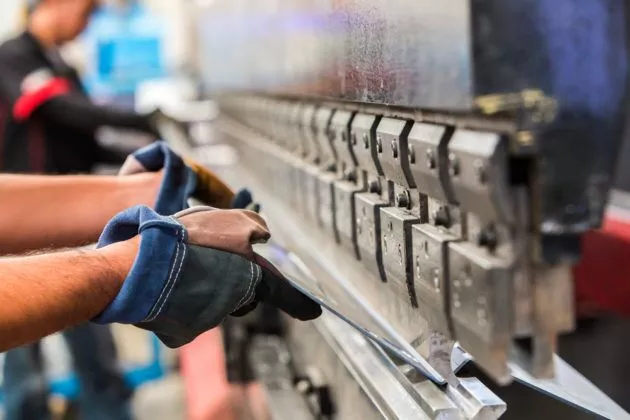Looking For Professional Help With A New Boiler Installation? We’re Here To Help!

Boiler installation is an important task that should not be skipped. There are many factors to consider when installing a boiler and the wrong choice could lead to a dangerous situation. The following tips will help you make the right decision for your specific installation.
Fitting a boiler may appear as simple as replacing the old boiler with a new one. Be aware, though, that there are several considerations to keep in mind, such as the amount of time and cost it will take to accomplish this. Is it possible for someone else to install my boiler? What are some common questions that it has to answer? We run through these and other frequently asked questions in this guide on boiler installation.
Boiler Installation Procedure
When it comes to replacing a new boiler, there are a lot of different factors to take into consideration depending on how complicated the process is. For example, there are a lot fewer steps involved with replacing a like-for-like combination boiler than there are when it comes to replacing a combi boiler. You can request that your boiler be fitted in a different place, including the garage or attic.
No matter the complexity of an installation, there are only 3 fundamental steps that installation always entails.
-
Removing The Old Boiler
A heating system architect should be prepared to replace your old heating system before they can begin working with your brand-new system. Providing an environment accessed by your work area and staircase for them will help them dismantle and remove the old heater quicker. If your heating unit is installed in the ceiling and must be pulled through a stairwell and protected, you should have an accessible space and you should ensure that there are sufficient lighting levels.
-
New Boiler Installation
After the old boiler and any remaining pipework, the old heating engineer will install your brand-new boiler and any required pipework. Depending on how much work may be required and how complex the work is, this step can be quick, if you’re getting a like-for-like boiler.
-
New Boiler Product Tour
The heating technician who will install the brand-new boiler will meet with you for a product tour so that you will know how to use all its controls, learn what features the boiler has and set up a schedule to control its operation. Be certain to ask your heating engineer about anything You may have noticed regarding the new boiler. It’s a huge opportunity to ask further questions about how to use the heater, increasing your odds of gaining full knowledge pertaining to the new system.
Following Boiler Installation
Even after your boiler is installed, you must validate the Heating Engineering Part E certificate to ensure your system was installed safely, and register the installation of your boiler with your system manufacturer to validate your warranty. Most manufacturers require you to fill out a form concerning the installment within 30 days.
To confirm the warranty on your boiler, you will require Gas Safe-certified engineers to inspect and service it regularly. This involves them examining the boiler from all angles, checking the flue, and ensuring the gas pressure is correct, as well as testing how the boiler performs during normal operations.
What Is Needed For Fitting A Boiler?
You will need to be physically fit in order to fit a boiler yourself. This is why you should get a trained heating engineer registered with the Gas Safe Association (formerly known as the Oil Firing Technical Committee). Unless you want to also source a boiler, heating engineers generally provide the heating system you need should you hire a boiler from them. If you want to acquire a boiler yourself but cut expenses, you will be able to, but you still need to hire a seasoned heating engineer to set up the boiler for you.
How Long Does It Take To Fit A Boiler?
A new boiler installation typically requires between 1 and 3 days. The more intricate the installation is, the longer it’ll take. Longer installations entail more labor costs, which is something else to think about if you’re planning to move a boiler to a new location.
In conclusion, it is important to have a professional install your boiler because they will know what is required and the best way to do so. Make sure you give them all the information they need and be prepared to answer any questions they may have. Finally, always follow safety guidelines when installing or using a boiler.